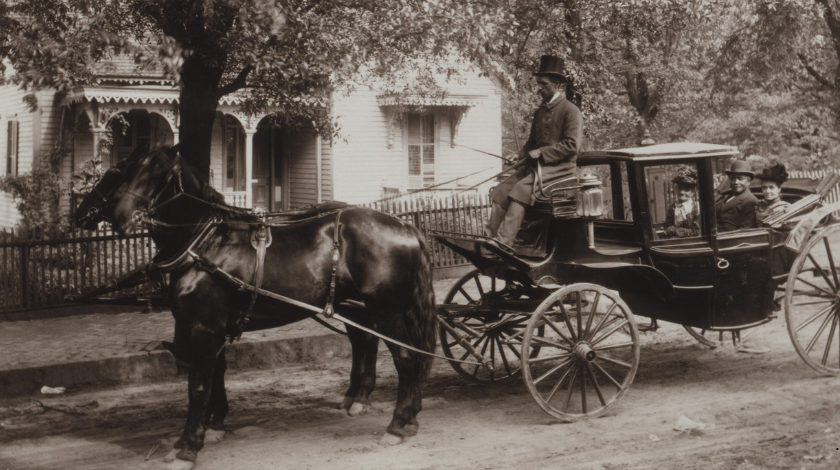Bouswasie: A Hidden Gem in Cultural Heritage

Bouswasie, often overlooked in the grand narratives of cultural history, is a fascinating term that signifies a rich tapestry of traditions, beliefs, and practices. This article delves into the various dimensions of Bouswasie, exploring its origins, cultural significance, and contemporary relevance.
What is Bouswasie?
Bouswasie can be understood as a concept or a specific cultural practice that embodies the essence of a particular community or group. The term may be rooted in linguistic variations across different regions, suggesting a blend of influences from history, geography, and local customs.
Historical Context
The origins of Bouswasie are often tied to the cultural evolution of the communities that practice it. Historically, such practices emerge from the need for social cohesion, identity formation, and the preservation of ancestral knowledge. The rituals associated with Bouswasie reflect the intricate relationship between people and their environment, illustrating how cultural practices evolve alongside changing societal norms.
Cultural Significance
Bouswasie is not just a practice; it represents a way of life. It often involves communal gatherings, traditional crafts, storytelling, and celebrations that reinforce social bonds. Through Bouswasie, individuals connect with their heritage, fostering a sense of belonging and identity.
- Rituals and Celebrations: At the heart of Bouswasie are various rituals that mark important life events, seasonal changes, or agricultural cycles. These celebrations often incorporate music, dance, and traditional attire, creating a vibrant atmosphere that showcases the community’s artistic expressions.
- Artistic Expression: Bouswasie also manifests in various art forms, including visual arts, textiles, and culinary traditions. Artisans use locally sourced materials to create unique pieces that tell stories of their heritage, often passed down through generations.
- Storytelling and Oral Traditions: The oral traditions surrounding Bouswasie serve as a vital means of preserving history and imparting wisdom. Elders play a crucial role in sharing stories that connect the younger generation to their roots.
Contemporary Relevance
In today’s fast-paced world, the significance of Bouswase is more relevant than ever. As globalization threatens to dilute local cultures, practices like Bouswasie offer a way to resist homogenization. They encourage communities to embrace their unique identities and share their stories with a wider audience.
- Cultural Preservation: Many communities are actively working to preserve their Bouswase traditions through workshops, festivals, and educational programs. These initiatives not only promote cultural awareness but also engage younger generations in their heritage.
- Tourism and Cultural Exchange: Bouswsie has the potential to attract cultural tourism, where visitors seek authentic experiences. By sharing their practices, communities can engage with outsiders, fostering cultural exchange and appreciation.
Conclusion
Bouswasie is more than just a term; it encapsulates a rich cultural heritage that deserves recognition and respect. As we explore the complexities of human traditions, understanding concepts like Bouswasie allows us to appreciate the diverse tapestries of life that exist around the globe. Embracing and promoting such practices not only enriches our cultural landscape but also strengthens community bonds and fosters a deeper understanding of our shared humanity.




